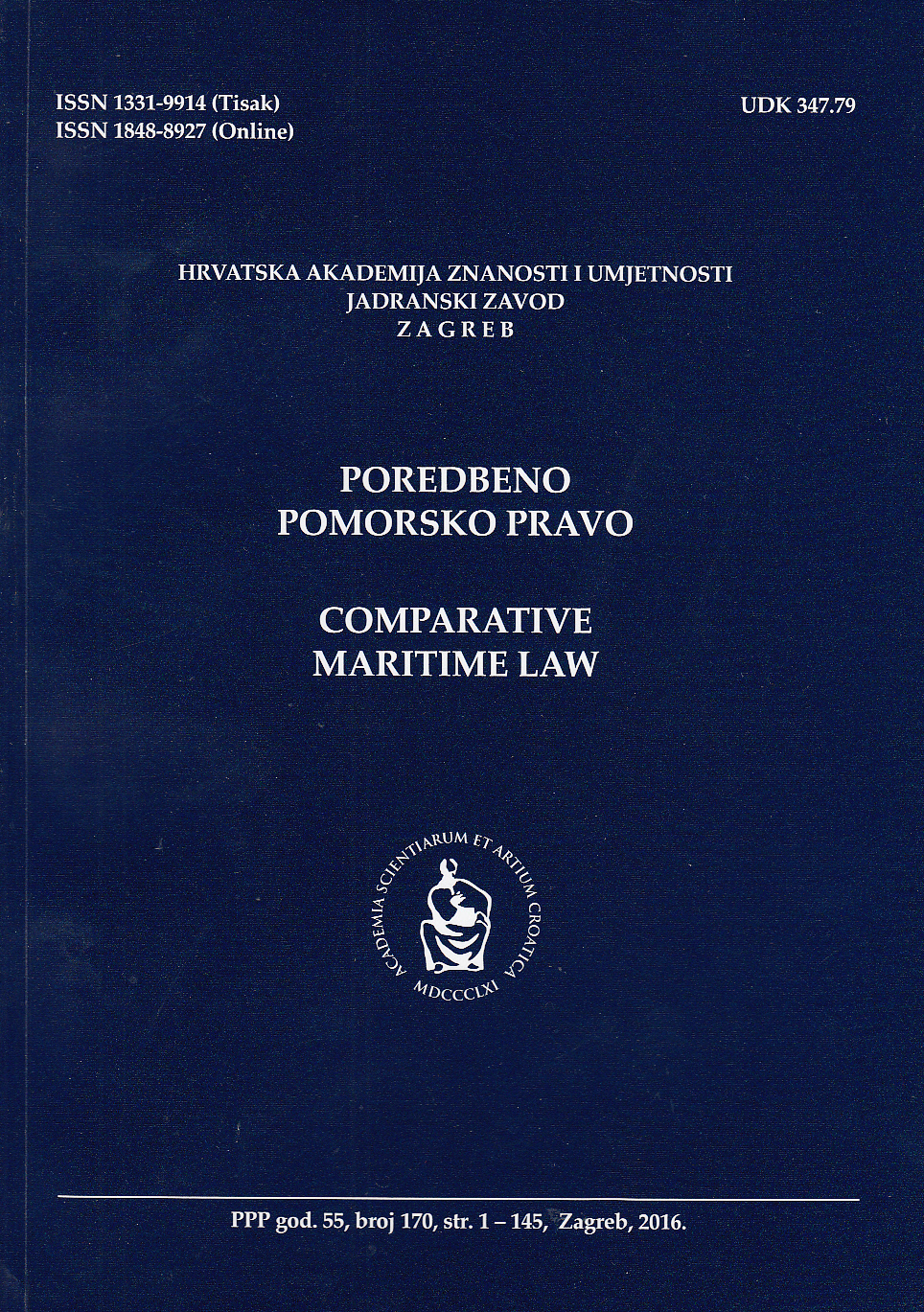Clean bill of lading in contract of carriage and documentary credit : When clean may not be clean
Clean bill of lading in contract of carriage and documentary credit : When clean may not be clean
Author(s): Časlav PejovićSubject(s): Maritime Law, Commercial Law
Published by: Hrvatska akademija znanosti i umjetnosti
Keywords: documentary credit; bill of lading, clean; fraud;
Summary/Abstract: X is a small producer of plastic products from China. Searching on internet for suppliers of plastic raw materials X found Y, a supplier based in the United States, offering these materials at a very favourable price. X and Y entered into sale contract under Cost, Insurance, and Freight (CIF) terms. Following CIF terms, payment was to be made by letter of credit. Y shipped the goods in a container and delivered for carriage within the agreed time. Carrier then inserted a ‘’said to contain’’ clause into the bill of lading, and the bank accepted such document. When X opened container it discovered that the goods were in such bad condition that they could not be used in the manufacturing process. X contacted Y, by email, and demanded delivery of substitute goods, which would conform to the contract. Y refused, claiming that the goods were delivered for carriage in good condition. Y could not be reached by telephone, and its address stated on its website was wrong. X had no redress against the Carrier, because the Carrier validly excluded its liability with a ‘’said to contain’’ clause. The Bank was also not liable, because this clause was acceptable under the letter of credit rules. X contacted a lawyer in the United States, and after receiving an estimate of attorney expenses, which would not be recoverable under the U.S. law, X decided to give up the case and bear the loss.
Journal: Poredbeno pomorsko pravo
- Issue Year: 55/2016
- Issue No: 170
- Page Range: 9-30
- Page Count: 22
- Language: English

